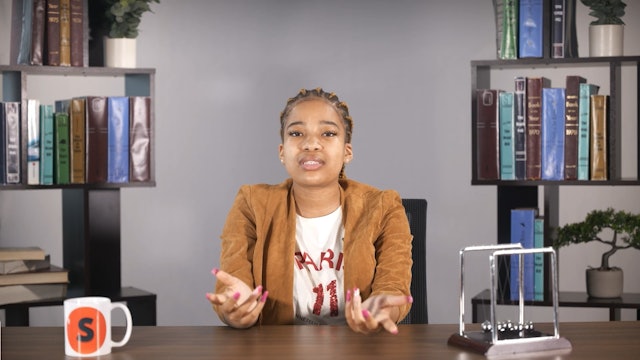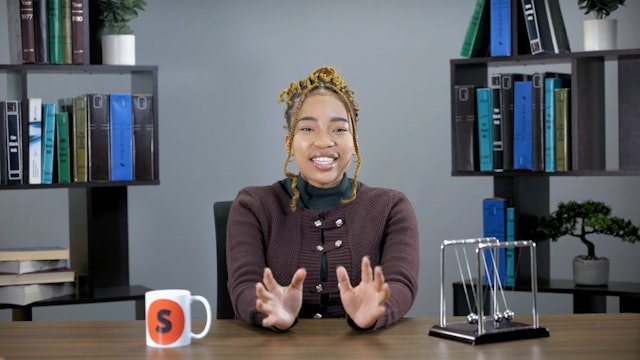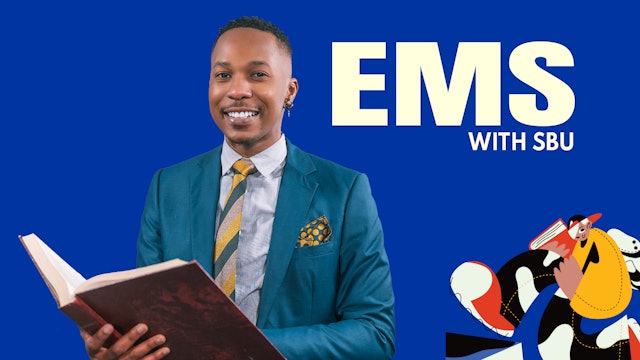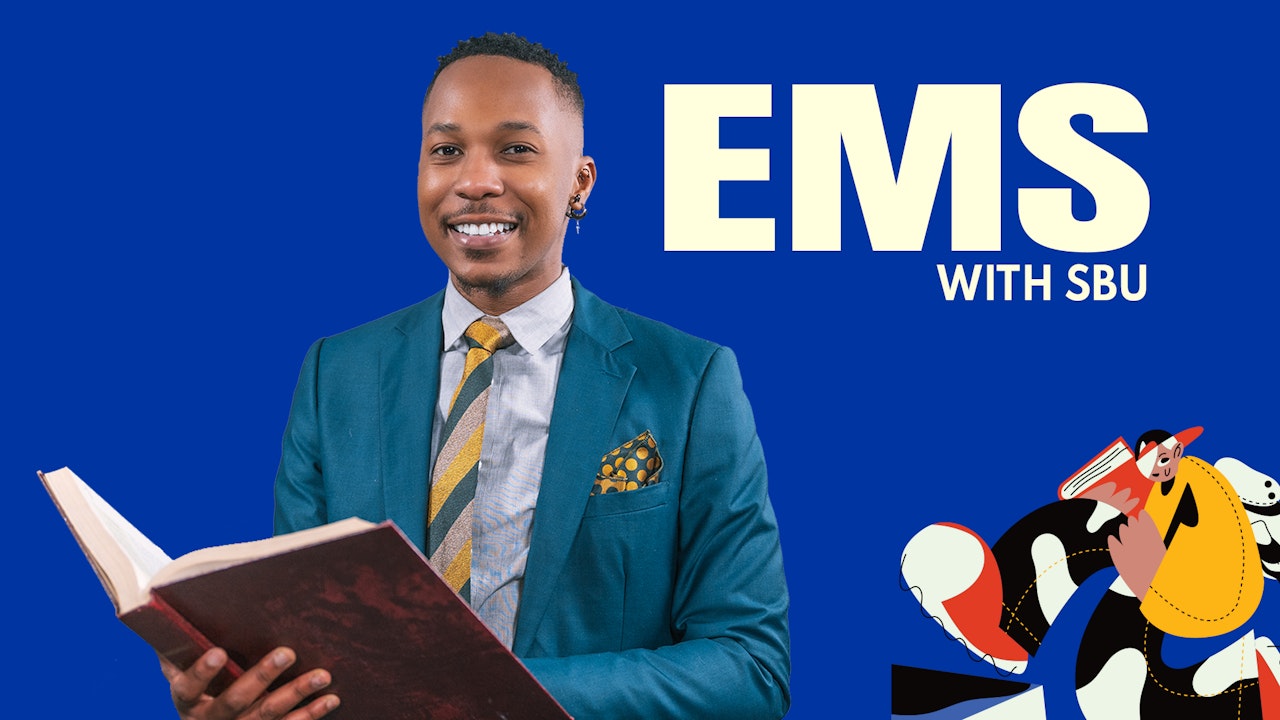Grade 8 EMS
4 Seasons
EMS is about various governmental, economic, and business-related topics. The year begins with a revision of topics from grade 7 such as traditional societies, bartering, types of money, and banking. We then dive into the roles and levels of government and government expenditure, tax, accounting, as well as the impact of development on the environment, unemployment, and productive use of resources.
Students are provided with a foundational understanding of how to maximise profits through the effective management of resources. The ways in which private, public or collective resources are used to meet people’s needs and wants and how they can be exploited, are also critically reflected on. Expand your financial literacy, entrepreneurial skills, personal development, and development of the community through core business and governmental management principles.
-
 11:41Episode 1
11:41Episode 1Government
Episode 1
In Grade 7 we learnt about the history of money from traditional societies who are small communities that have basic needs and initiated trade through the bartering of goods and services. This lesson looks at the first topic in grade 8, the government, we look at the meaning and the different l...
-
Government Interaction with households and businesses
Episode 2
There are many ways in which government interactions with households. Households refer to people in the economy who own and control the factors of production, being natural resources, capital, labour and entrepreneurship.
-
 08:03Episode 3
08:03Episode 3Government Revenue: The National Budget
Episode 3
The National Budget describes how money raised through taxes and loans will be divided among national, provincial and local governments
-
 09:41Episode 4
09:41Episode 4Government Expenditure: National Budget
Episode 4
National Budget expenditure is what the government spends money on to make our lives better, from the taxes they collect from households and businesses.
-
 08:01Episode 5
08:01Episode 5Standard of Living
Episode 5
We discuss the different types of societies that exist around the world and in our country. The societies being self- sufficient societies, modern societies and rural societies. We briefly go through the impact of development on the environment, unemployment, and productive use of resources to pr...
-
 07:57Episode 6
07:57Episode 6Part 1: Accounting Concepts:
Episode 6
This part of EMS falls under financial literacy and it involves some calculations. This lesson will introduce you to the theory of accounting, accounting concepts, what a sole trader is, banking, payments and receipts.
-
 05:36Episode 7
05:36Episode 7Part 2: Accounting Concepts
Episode 7
In order to understand the “Accounting language” you need to familiarise yourself with a few more terminologies. In this lesson we look at assets, liabilities, income and expenses and profit vs loss.
-
 05:56Episode 8
05:56Episode 8Accounting Cycle Overview
Episode 8
The accounting cycle refers to a series of steps that occur every month. The accounting cycle has the following steps: transactions, source documents, subsidiary journals, general ledger, retail balance, Income statement and the balance sheet.
-
 07:17Episode 9
07:17Episode 9Source documents
Episode 9
A source document is completed for every transaction as proof of that transaction. The source documents that you learn about at the grade 8 level include duplicate receipts, cash register rolls, cash invoices, bank deposit slips, cheque counterfoil, and bank statements.
-
 05:05Episode 10
05:05Episode 10Introdution to subsidiary journals
Episode 10
Subsidiary journals are a point of first entry meaning that when a transaction is entered in the accounting records it is first entered into a journal and because there are so many types of transactions and source documents there is also a wide range of journals.



